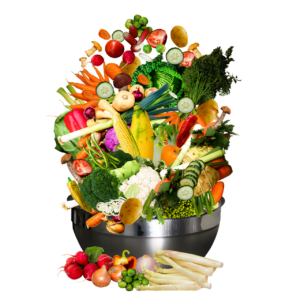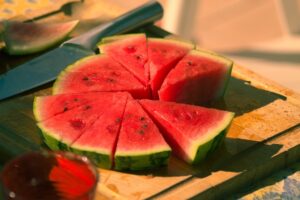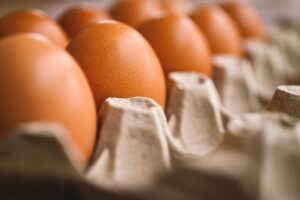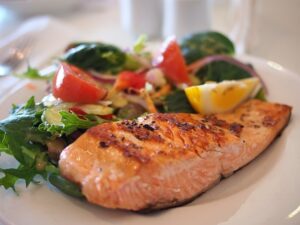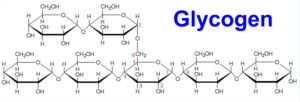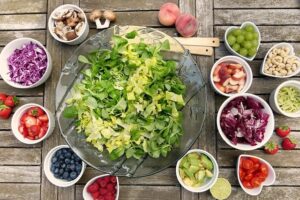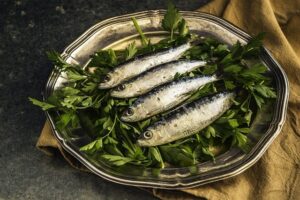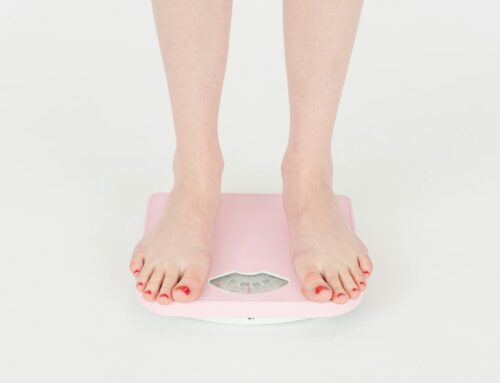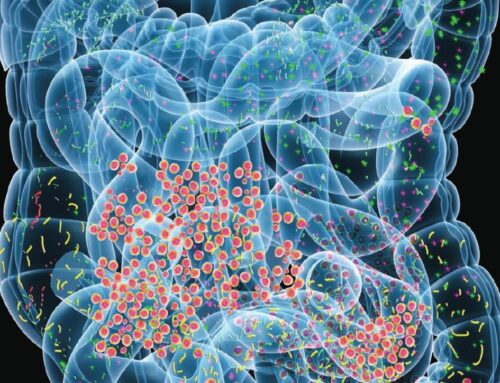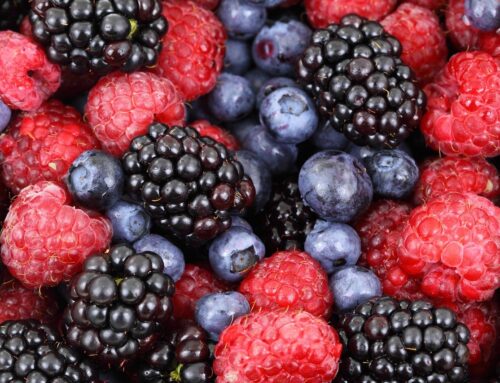Eating for Recovery: How Nutrition Plays A Vital Role in Athletic Development
Nutrition plays such a vital role in our ability to develop muscle, maintain ideal body fat percentage and provide energy to fuel workouts but one area we often forget about is how nutrition aids in recovery from athletic performance.
Hydration and Minerals
We all know how crucial hydration is but just as important to actual consumption of water are the minerals we lose during our workouts that aid in “hydration.” Magnesium, sodium, chloride, calcium, phosphorus, and potassium are just a few that are crucial to being well-hydrated. Electrolyte drops are a great way to replenish these minerals quickly along with eating plenty of fruits and vegetables post work out. Watermelon and bananas are particularly good for replacing hydration and minerals. In addition, it’s a good idea to regularly incorporate foods that include Zinc, Iron and B Vitamins to aid in workout recovery.
Iron Rich Foods: Meat, poultry, seafood, beans, leafy greens, tofu, dark chocolate, tomatoes, and potatoes,
B Vitamin Rich Foods: Eggs, organ meats(kidneys and liver), lean meats, nuts, beans, peas, seafood, dairy products and poultry
Zinc Rich Foods: Oysters, red meat, poultry, beans, nuts, seeds, crab, lobster and whole grains
Glycogen Restoration
During long or intense workouts, our bodies tend to burn glycogen that’s stored in the skeletal muscles. Muscle glycogen serves mainly as a source of metabolic fuel for your muscles. Your muscles need lots of energy and if your muscles relied on glucose from your bloodstream alone for this energy, your body would quickly run out of glycogen.
Because of this, your body stores three-quarters of your total glycogen in all of your skeletal muscles so they have a consistent supply of energy, especially during exercise, without dramatically affecting the levels of your blood glucose.
The rate at which your muscle glycogen reduces is primarily related to the intensity of physical activity — the greater the exercise intensity, the greater the rate at which muscle glycogen runs out. As a result, high-intensity activity, such as repeated sprinting or consecutive fast rounds on the assault bike or rower, can quickly lower glycogen “stores” in active muscle cells. Your muscles restore with glycogen when you consume enough carbohydrates.
A great way to refuel and aid in recovery (especially after high-intensity cardio) is to eat carbohydrates shortly after you exercise as this helps to rebuild glycogen. ½ gram of carbs per pound of body weight is a basic starting point.
Muscle Growth with Protein and Creatine
Recovery through rest and nutrition is especially important as it relates to building muscle. Skeletal muscle is composed of thread-like myofibrils and sarcomeres that create muscle fibers and are the crux of contraction.
After you work out, your body repairs or replaces damaged muscle fibers through a cellular process where it fuses muscle fibers together to form new muscle protein strands or myofibrils. These repaired myofibrils increase in thickness and number to create muscle hypertrophy (growth). Muscle growth occurs whenever the rate of muscle protein synthesis is greater than the rate of muscle protein breakdown. This process of muscle growth occurs during the rest period. Consuming adequate protein after a lifting session is especially important for hypertrophy. Eating approximately 20-40 grams of high-quality protein after a workout can maximize protein synthesis that repairs and enhances muscle growth.
Adenosine triphosphate (ATP) is the most basic form of energy in your body’s cells. It plays a fundamental role in metabolism and muscle function.
Unfortunately, you can only store enough ATP for 8–10 seconds of high-intensity exercise. After this, your body must produce new ATP to match the demands of the activity. Creatine supplements increase your body’s “stores” of phosphocreatine, which is used to produce new ATP during high-intensity exercise.
Taking creatine after exercise can help to drastically elevate your muscle stores. Because exercising stimulates blood circulation, cells can then be supplied with creatine more quickly. In addition, creatine can aid in injury prevention, cognition, brain health, sarcopenia, bone health and even skin aging.
One of the best whole-food sources of creatine (and protein) is sardines and fatty fish. Full of amino acids, sardines have roughly 3-5 grams of creatine per serving, which is just about what most supplements carry.
Conclusion
Nutrition is the crux of not only health, but also athletic performance and post-exercise recovery is where results are cultivated. For further support regarding nutrition for your specific lifestyle, reach out any time!


